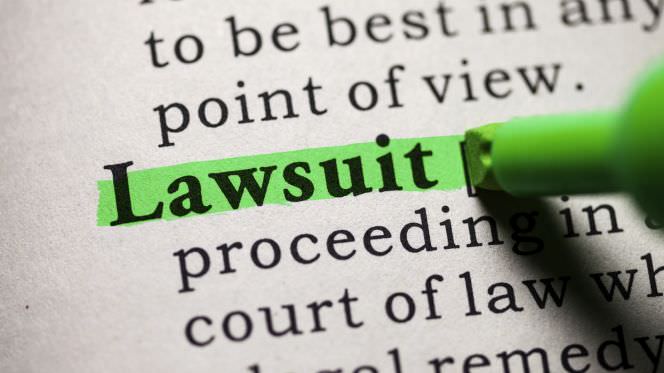Three book authors and their advocacy organization have taken to the Supreme Court their decade-long copyright fight with Google over its massive book-copying and search project. The new appeal , filed on Thursday, asked the Justices to take away the giant digital firm’s legal protection against paying fees and getting permission to add whole volumes to its database. The filing accuses Google of violating copyright “on an epic scale.” Overall, Google has made digital copies of some twenty million books; about four million of them still are under copyright.
The case would provide a major test of when someone accused of infringing on copyright can use the defense that it was only making “fair use” of the contents, which federal law allows. In particular, the case focuses on whether the Google Books project actually “transforms” the protected books to a new form of expression. The authors have claimed that the project adds nothing new to the originals, and therefore does nothing to reshape their character in a “transformative” use.
The three authors — Betty Miles, Jim Bouton, and Joseph Goulden — are joined in their appeal by the Authors Guild, a professional society of authors that seeks to protect its members’ benefits in their copyrights. The Guild seeks to reenter the case, after a lower court ruled that only authors themselves have a legal right to sue over infringement. At one point in the ten-year history of this lawsuit, the case was a class action representing other authors, but has since lost that status.
The Google Books project began in 2004, and resulted in major universities giving the search company a right to copy, from beginning to end, books in their collections, without permission of the authors. The company entered the volumes in its database, and it gives the public — at no cost — a right to search for words and phrases in books that Google suggests in response to Internet queries. The search results in a display of what a lower court called mere “snippets” of a protected book, but the authors insist that the overall effect of such an open-ended project is to expose nearly all of the contents to readers without any return to the authors.
In return for the right to copy, Google has given the university and public libraries free digital copies of all of the books it had put in its database, with the only restriction on their use that they not violate copyright law.
At one point, the two sides agreed to settle their dispute, but a federal trial judge rejected the deal as too generous to Google. That judge then ruled that the case could go forward as a class-action claim. However, the U.S. Court of Appeals for the Second Circuit ruled that the judge should first rule on Google’s defense of “fair use,” The judge then decided on that issue, in favor of Google, and dismissed the authors’ lawsuit.
Last October, the Second Circuit Court decided that Google Books was entitled to make the “fair use” defense against the infringement claim, finding that the public benefit that will come from wide access to the Google digital library would constitute a “transformative” use within the meaning of copyright law. It then upheld dismissal of the authors’ case.
In the authors’ new petition, they argued that Supreme Court precedent limits the availability of a “fair use” defense based on creating a transformative version to adaptations that actually create new expression, not simply public access to the same creation that the author undertook in writing the original volume.
The challengers also contended that Google, even though it did not sell the digital library books back to the libraries, did use the project for commercial gain, because it allowed Google engineers to create new technologies on searching that would clearly produce revenues for the company as it operates its huge search business. The authors also asserted that the Second Circuit ruling, if allowed to stand, would create a legal road map for other copy-and-search suppliers to follow, further reducing the prospects for the authors to continue selling their books to consumers.
Google will have a chance to reply to the petition before the Justices act on it. The case has reached the Court too late to be processed for a decision this year, even if the Court grants review in coming months.
(The case is Authors Guild v. Google, docketed as 15-849.)
Recommended Citation: Lyle Denniston, Authors challenge Google’s book copying project , SCOTUSblog (Jan. 1, 2016, 5:49 PM), http://www.scotusblog.com/2016/01/authors-challenge-googles-book-copying-project/
Source: www.scotusblog.com




